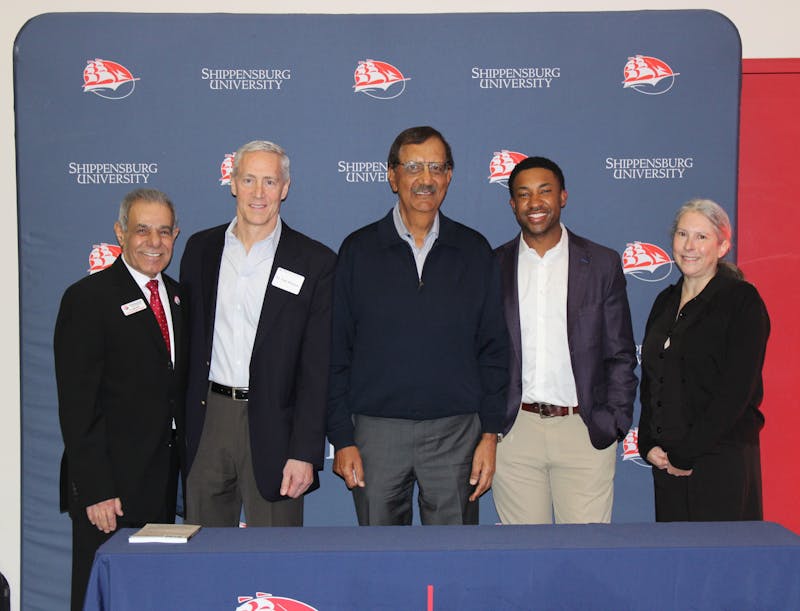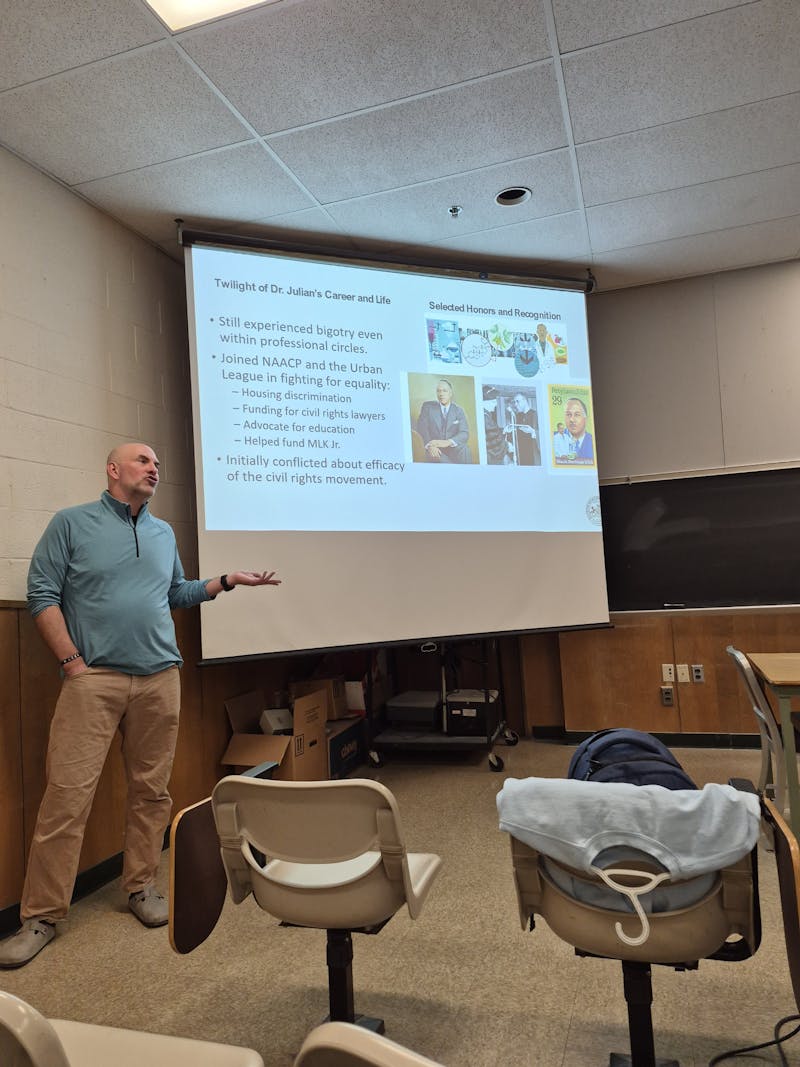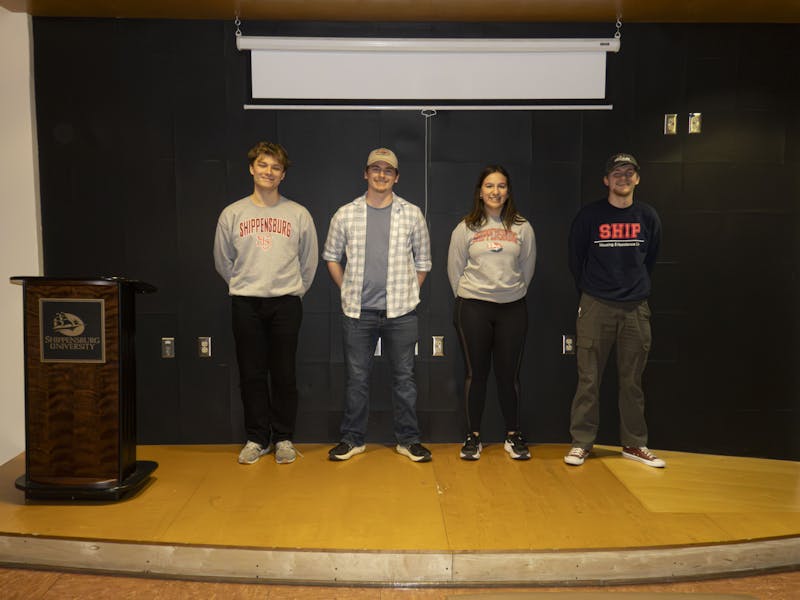As journalists, we really only have two things; a copier that frequently malfunctions and our integrity. They say that the pen is mightier than the sword, but this only holds weight if the words being written are trusted to be true.
It is the duty of the press to question everything; to turn over every stone in search of the truth. Similarly, it is the public’s job to scrutinize what they read between the pages each week.
In a world of clickbait, “fake news” and misinformation, it is increasingly difficult for consumers to trust the things that read in the paper, hear on the radio or watch on the nightly news. The motivations of journalists everywhere have been called into question by the highest office in our nation. Jamal Khashoggi, a Washington Post columnist and renown social critic, was murdered for questioning the authority. Simply logging onto Facebook will bombard you with pages upon pages of links to news that is far less than credible.
In times like these, it is especially crucial for press everywhere to stand together and defend their position as vehicles of truth.
Shippensburg boasts one of the best communication and journalism programs in the region. Of the 14 public universities in the Pennsylvania State System of Higher Education, SU’s Department of Communication and Journalism is the only accredited by the Accrediting Council on Education in Journalism and Mass Communications.
As a public administration major, I never had the pleasure of learning from these incredible professors, but it is obvious to me that my colleagues at The Slate have.
When I started as opinion editor five months ago, I was blown away by the amount of time and dedication each member put into the paper. I was expecting a throw-away extracurricular to bolster my law school application. Instead, I was exposed to some of the hardest-working students I’ve met at SU.
Not only was their work ethic impressive, but their commitment to their craft was unparalleled. Each page is reviewed for spelling, aesthetic and content three or four times before making it to print. Most importantly, every fact is vetted, checked and double-checked before it is even considered for print.
As students, Pennsylvanians and Americans, it is our duty to question everything. Since 1957, The Slate has provided critical reporting and commentary on university and national issues.
It becomes increasingly difficult to provide this crucial social service if the paper’s credibility is being called into question.




The Slate welcomes thoughtful discussion on all of our stories, but please keep comments civil and on-topic. Read our full guidelines here.